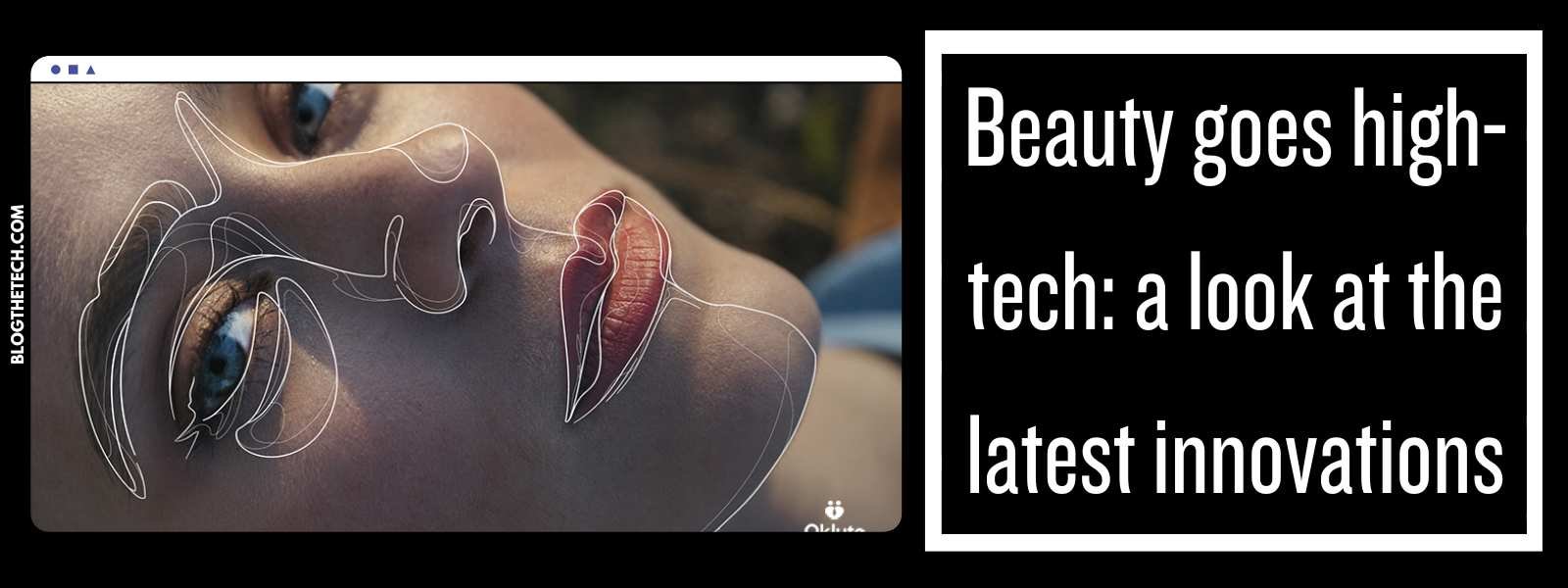Blockchain is a combination of technology and economics. Blockchain secures customers’ information, increases digital privacy, and recreates financial and monetary concepts. It is a digital ledger used to record information that becomes impossible or difficult to penetrate, hack or replace the system.
Transactions on the blockchain are copied and divided across the whole network of computer systems. As its name implies, there are several blocks, and each has several transactions. Each time a new trade happens on the blockchain, a record of such transactions is included in all participant’s ledgers.
A blockchain is a DLT (Distributed Ledger Technology) that records transactions with a permanent cryptographic signature called a hash. The following reasons are why small businesses and large organizations can benefit from blockchain.
Security and Privacy
One of the top benefits of running your business with blockchain is the adequate security and privacy that comes with it. The system is designed to generate an untraceable transaction record, with end-to-end encryption that makes it inaccessible to illegal activities and fraud.
Also, data on the blockchain is saved across several computers, which makes it difficult to hack because it is unlike the traditional computer system, which protects data via several. The anonymity of data and the limitation of access to blockchain information strengthen its security and privacy.
Reliance
Blockchain helps establish trust and reliance among numerous entities that need to engage in different transactions, including sharing data they wouldn’t have done without blockchain or would have employed an agent to cater.
Also, companies and entities that do not share direct relationships are rest assured when they need to make a payment or share important information and data. For instance, gambling at fast payout gaming sites can be pretty doubting and risky without the help of blockchain.
Also, transactions done via cryptocurrency shows how reliable and trustworthy blockchain is. Participants who are not familiar with each other can rest assured about the safety of their money with the help of blockchain.
Lesser Cost
Blockchain reduces costs for businesses and organizations. It makes data processing more efficient and subdues manual tasks like auditing, data amendment, and reporting.
Blockchain saves a lot of cost for financial institutions while streamlining settlement and clearing leads to process cost savings. Blockchain also cuts costs by abolishing third-party vendors and intermediaries that traditionally do what blockchain does.
Decentralized Structure

Blockchain uses a decentralized structure, meaning no one is in charge of how things run. Blockchain provides the information needed by different companies to other companies and shares data without putting anyone in the business of information sharing. It does this perfectly, even with its decentralized nature.
Visibility and Traceability
The use of blockchain enhances visibility and helps trace the origin of companies and items purchased, whether they are legal, authentic, genuine, or fake. Blockchain helps separate frauds from real brands as many companies and industries are on the lookout for extra money. All they are concerned about is the production and not quality and ingenuity.
Speed
Blockchain performs different activities at the same time faster than any traditional method. Some transactions are completed in seconds or even less. However, the speed at which a blockchain performs transactions varies based on factors like network traffic, the quantity of the data, etc. Still, we cannot compare blockchain’s speed to any other technology or process.
Personal Control of Data
Blockchain ensures that one has a large percentage of control over one’s data even though the technology protects your data. Organizations, businesses, and individuals can decide what amount of digital data they want to divulge, for how long, and with whom through the help of blockchain-approved smart contracts.
Tokenization
With tokenization, the value of an asset (digital or physical) is changed into a digital token that is later recorded and then spread through blockchain. Also, small businesses can raise capital via Initial Token Offerings (ITOs). These tokens are used to exchange and trade freely and can be compared to an average company’s revenue share of the equity.
Quality Assurance
Blockchain provides quality assurance in case of irregularity in the supply chain. Blockchain can lead you to the origin of this irregularity, where you then take the necessary steps. An example is the drug and food sector, where every detail is worthy of note to ensure quality assurance and safety.
Smart Contracts
Blockchain helps businesses automatically design, sign, validate, and enforce agreements, especially for time-consuming contractual transactions. Thereby saving them money, buying them a lot of time, and abolishing the use of mediators.
Final Take
Small businesses and large organizations can benefit from blockchain as this is not a short-term technology but has come to stay. If you’ve not benefited from blockchain, take the bold step today, so you don’t miss out on its numerous advantages.





